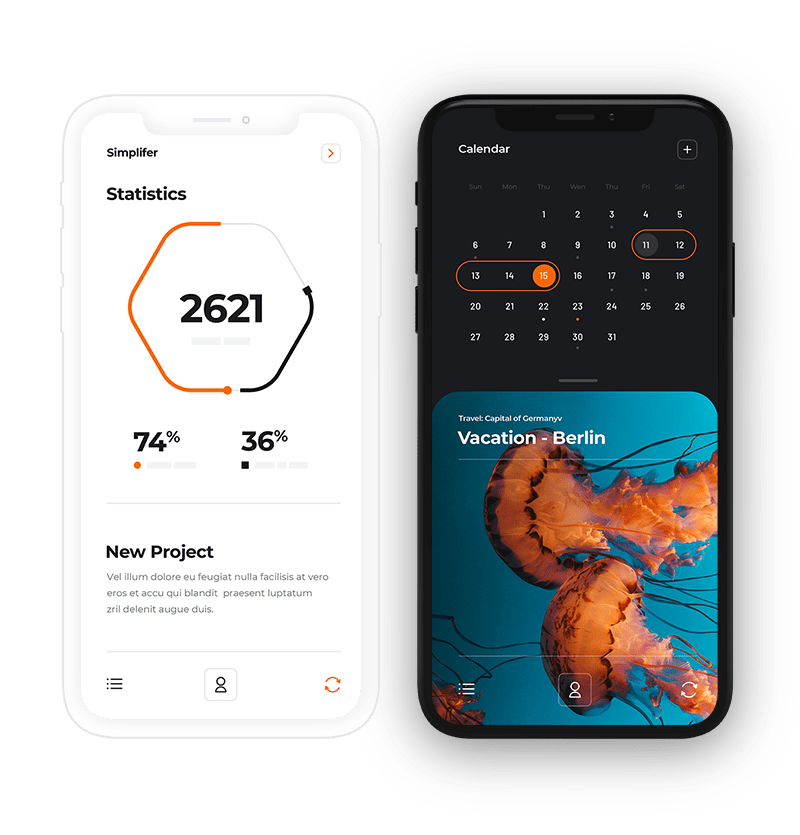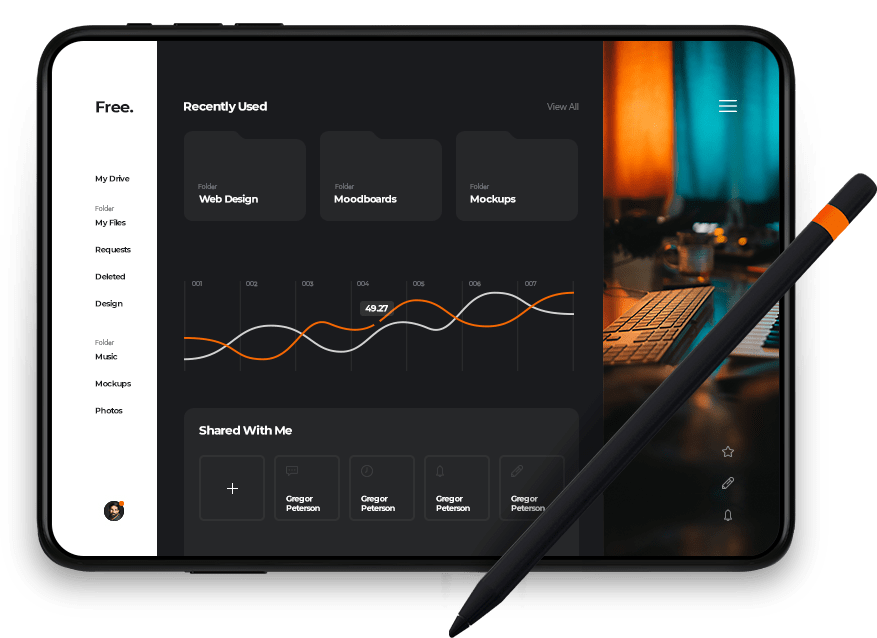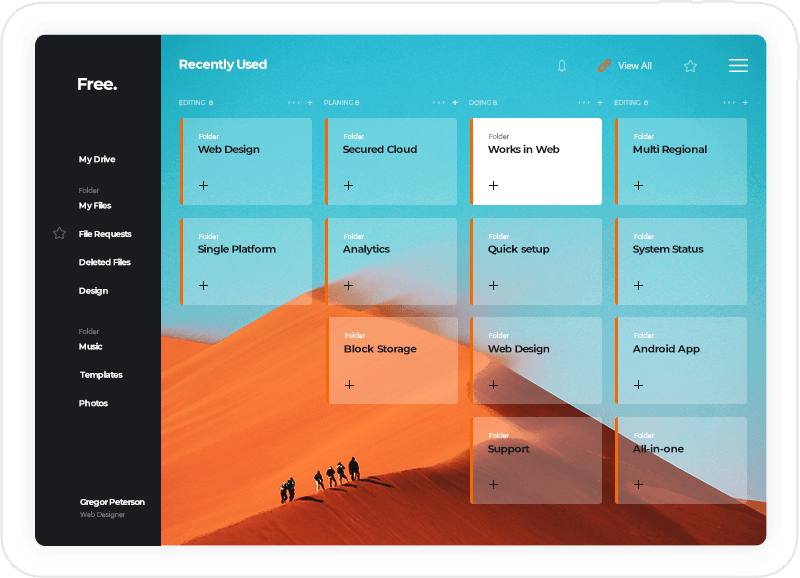Project Background
Even though the number of terrorist attacks have remained approximately at the same level as the previous years (119 in 2020 and in 2019, 129 in 2018), there is a new factor that plays a pivotal role for the spread of violent extremism propaganda – the Internet. One of the most dangerous and trending types of misuse of the opportunities that the Internet offers in the field of public security has been proven to be the usage of social media and websites for dissemination of terrorist content.
Consequently, a step further was taken by the European Union on the matter by adopting a new Regulation, namely Regulation (EU) 2021/7845 (also known as the TCO Regulation) urging the implementation of specific protective measures. The TCO Regulation requires online hosting providers to remove any illegal terrorist content within one hour, after having received an official removal order.
The aim of ALLIES is to support micro and small Hosting Service Providers (HSP) in complying with the requirements of the TCO Regulation through the creation of the proper learning, training, experience sharing mechanisms as well as technical (AI) tools.
The outcomes of this project will not only contribute to the enforcement of the TCO Regulation, but they are also profoundly aligned with the objectives laid down by the European Commission in the 2020 Counter Terrorism Agenda.
The ultimate outcomes that will derive from the project will include not only a higher number of TCO removed by micro and small HSPs, but also establishing a model of communication between such enterprises so that they share best practises and experiences with each other. Finally, the increase in the number of micro and small HSPs that will implement the TCO Regulation in a proper way is also a long-term outcome towards which ALLIES aims to work
Project Objectives
The aim of ALLIES is to support micro and small Hosting Service Providers (HSP) in complying with the requirements of the TCO Regulation through the creation of the proper learning, training, experience sharing mechanisms as well as technical (AI) tools.
AWARENESS among micro and small HSPs for the TCO Regulation and its requirements
AI TOOL developed to support HSPs by implementing the TCO Regulation
TRAINING for HSPs concerning TCO Regulation content and the usage of the created AI tool
SAFE ONLINE ENVIRONMENT for experience sharing and reporting among HSPs
Project Methodology
ALLIES follows an end-user driven methodology, which aims to ensure the proper alignment of its outcomes with the operational and organisational needs of the final end-users. All Work Packages have been carefully designed to complement each other to produce the desired results, following the proposed scheme: Prepare, Develop, Demonstrate, Propose (PDDP).
Prepare
ALLIES will initially conduct a well-rounded desktop (literature-based review along with previous outcomes from EU projects) and empirical research (through interviews, questionnaires and/or online workshops/focus group discussions with relevant experts, LEAs and HSPs) around the issues of online radicalisation, extremism and terrorism. This will result to the development of a unified taxonomy for online terrorist behaviours enablers, motives, and incentives. The scope of the end-users’ needs’ assessment will unfold in the partner countries to allow their unique perspectives to be forefront, considering the local legal, technical but also cultural particularities. The outputs of this analysis will feed to the awareness raising, training and education pillar of ALLIES project.
Develop
Following the preparation phase of the project, two development iterations have been foreseen during ALLIES’s lifespan: (a) The first will be dedicated to the initial design and development phase (prototyping) and (b) The second will be the continuation of the development along with the integration of the tools, which will have been initiated. The initial phase will capitalise on the findings from WP2 and WP3 activities, while the final phase will introduce the feedback received from the first pilot demonstration of the ALLIES solutions. The final tools (Semi-automated AI tool suite and Training platform, WP3 and WP6) will be presented in the final demo event in M24.
Demonstrate
All the tools as well as the training curricula developed in the relevant WPs will be properly demonstrated in two pilots (WP6). The first pilot phase will function as a feedback and evaluation hub, where end users inside the consortium as well as invited HSPs through the elaborated stakeholder’s network, will be able to provide their insights on the proposed solutions. During the second pilot phase the integrated solution will be tested The final demonstration of all the ALLIES tool suite, will be held in at the end of the project, combined with the final consortium meeting of the ALLIES project, which will be organised under a hybrid mode.
Propose
ALLIES final solution and relevant tools will be duly communicated and disseminated throughout the project’s lifespan and beyond (WP7), proposing in that way to the end users (HSPs) one well-rounded solution for supporting them towards the smooth implementation of the TCO regulation, also increasing the volume of the removed TCO, in full respect to fundamental human rights.
Project Structure
WP1 Project Management and Coordination
WP2 Scientific Research and Taxonomy Development
WP3 Awareness raising, training and education
- D3.1 ALLIES curriculum
WP4 Terrorist-related data acquisition and processing
WP5 AI for Multimodal content analytics
WP6 ALLIES Semi- Automated tool suite
WP7 Communication, Dissemination and Exploitation
- D7.1 Project website, social media accounts and communication channels
- D7.2 Dissemination & communication plan
- D7.3 Exploitation plan
- D7.4 Final engagement and outreach report

Explore the Features
Creating stunning work showcases
Morbi hendrerit convallis ligula, quis auctor et arcu porta sit amet euismod sit erat eget, ultrices augue vivamus et nibh sodales laoreet nisl sed metus sed sapien iaculis nec ac feugiat eget.
Explore the Features
It all begins with a strong brand
Donec interdum dapibus vehicula vivamus nec enim et sem placerat gravida ut eget felis.
Donec interdum dapibus vehicula vivamus nec enim et sem placerat gravida ut eget felis.

Explore the Features
We build business through strategy
Proin lacus nunc sodales in lacinia at commodo sem sed nullam quis dolor nec orci tempor at eget arcu.
Metus vel lupus nisl
Donec nisi dui tempor sit amet
Proin massa quis
